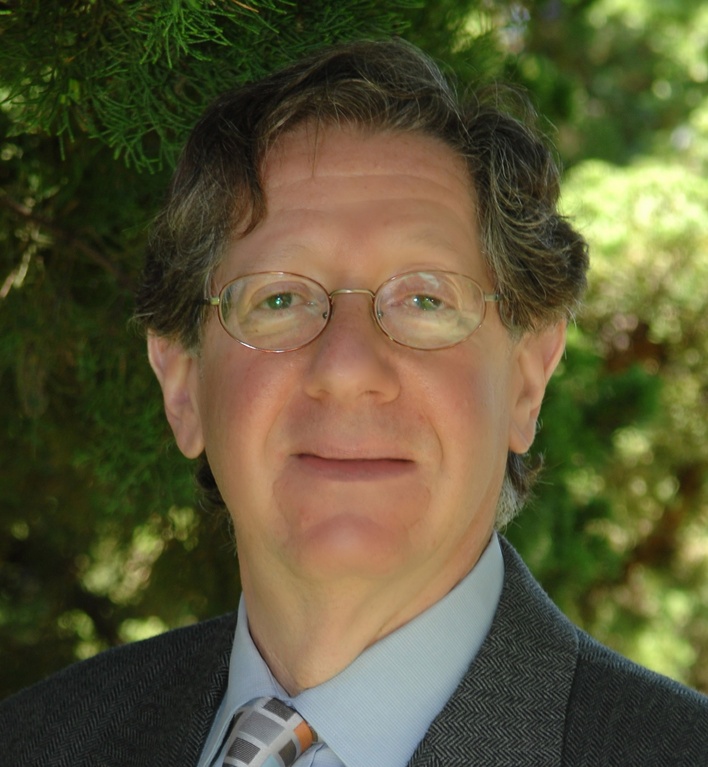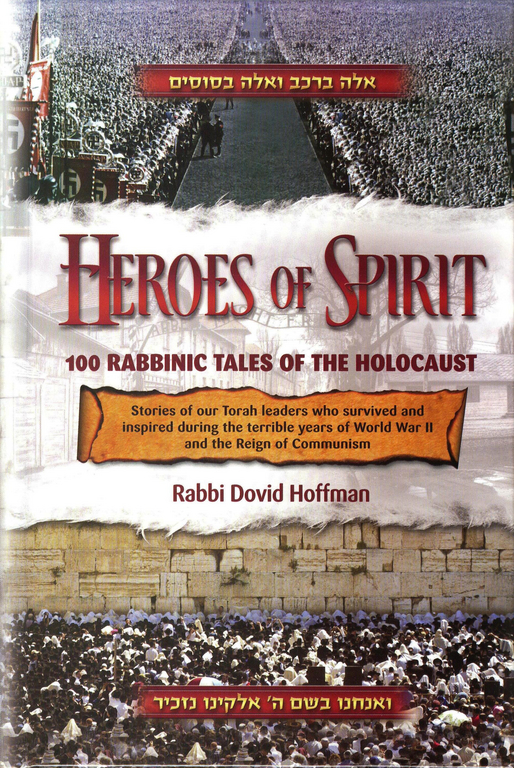The Kosher Bookworm: What to read for the Three Weeks (part two)
The Legacy of Irving Bunim
By Alan Jay Gerber
Issue of July 17, 2009 / 25 Tammuz 5769
While the popular jingle goes, “Summertime and the living is easy,” for the Jewish people, the summertime has proven to a hot time of the year, literally as well as figuratively. Beginning with the destruction of the First Temple and for many summers thereafter down through history, there was and is nothing easy, ritually, about the summer. Fully, three whole weeks during the heart of summertime are taken up as a collective mourning period for disasters that occurred over two millennia, from the Crusades to the many pogroms that have dotted our people’s troubled history ever since.
Framed by two fasts, this period of time has generated an array of literature that has served to remind us of the contemporary nature of persecution and woe that has overtaken our faith unto this very day.
This week, in line with that theme, I bring to your attention a new book that relates to the personalities of those religious leaders whose lives were touched by the twin evils of Nazism and Communism.
Titled, “Heroes of Spirit: 100 Rabbinic Tales of the Holocaust” [Israel Bookshop,2009] by Rabbi Dovid Hoffman, this book details, in a series of one hundred brief essays, the stories of our religious leaders, most of whom survived the terrible years of World War Two and the rule and ruin of World Communism to serve as witness to the evil and destructiveness of these ideologies and to the eternal indestructibility of our people.
The great leaders highlighted include such luminaries as Rav Aharon Kotler, Rav Josef Breuer, the Klausenberger Rebbe, the Bluzhever Rebbe, Rav Moshe Feinstein, and Rav Yisrael Gustman, all of blessed memory. Among those who did not survive are the Piaczecna Rebbe, Rav Elchanan Wasserman and Rav Menachem Ziemba, Hy”d.
Among those abroad, the author gives a brief but detailed account of Rav Eliyahu Lopian who, having settled in England in 1925, helped as its new Rosh Yeshiva to establish the Etz Chaim Yeshiva in London as a premier center for Torah learning.
It was Rav Lopian’s destiny to spend the war years in London and to witness, first hand, the destructiveness of the Nazi Blitz. One particular story of his activities during that time is given prominence in this book, serving as an apt example of the chessed Rav Lopian was known to exercise as part of his religious regimen. I am certain that the members of his family in Bayswater will take particularly special pride in this legacy.
In addition, the author also saw fit to include several leaders who, from the shores of the United States led the heroic Vaad Hatzalah effort to help assist those of our brethren in dire distress. Among them are Mike Tress and Irving Bunim.
While their activities have long ago been treated to literary tribute, their inclusion in this volume serves as an appropriate and fitting tribute to their contribution to the war rescue effort. This will now serve as a lead in to the following notice concerning an upcoming community event.
For many years Irving Bunim was a resident of our community, and to this day his son, Amos Bunim, holds a prominent place as one of the most important elder statesmen of the Jewish community of the South Shore and Far Rockaway.
Further details as to the Bunim legacy will be dealt with at a special “Nine Days/Rosh Chodesh Av Asifa” on Wednesday July 22, 2009, at 7:30 PM at The Red Shul of Cedarhurst, on Oakland Avenue off West Broadway. Rabbi Yair Hoffman will present an audio-video tribute to the life’s work of Irving Bunim. Also featured will be Rabbi Yaakov Feitman who will host the evening’s program together with Stuart Nussbaum on behalf of The Red Shul.
Admission will be free and the entire community, both men and women, are invited. Mark this evening down on your calendar and try to make it there. Not only will you be paying tribute to the memory of a great man, but you will be personally enriched by learning about some of greatest events in our people’s history.

 50.0°,
Overcast
50.0°,
Overcast 







